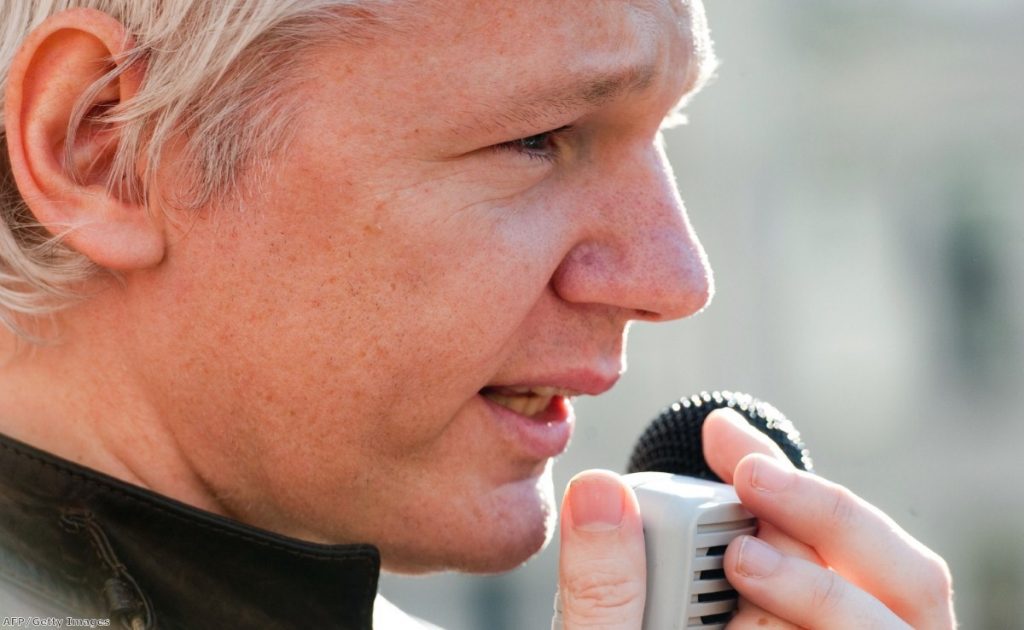End of the line: Assange loses extradition fight
By Ian Dunt Follow @IanDunt
Julian Assange faces extradition to Sweden, after his appeal was rejected by the high court.
The judgement found that the European arrest warrant for rape, two counts of sexual molestation and unlawful coercion was valid.
The development marks the end of a long-running legal battle which has seen the divisive figure stay for nearly a year at the home of former army captain Vaughan Smith, who now runs a private members club for foreign correspondents.


Many supporters of Mr Assange view the extradition demand as a clear-cut case of political pressure, after the US and several other governments reacted with outrage to many of Wikileak's releases.
Other campaigners hoped that the judge would issue a general objection to the use of the European arrest warrant, which is widely detested by many civil libertarians.
"The European arrest warrant is so restrictive it prevent UK courts considering the facts of a case as judges made clear here today," Mr Assange said on the steps of the court.
"We will be considering our next step in the days ahead."
The judgement does not relate to the allegations of sexual offences themselves, but only to whether Mr Assange should have to travel to Sweden to face the questioning by authorities.
Mr Assange appealed on the issue of the warrant, dual criminality, proportionality, and whether the alleged conduct constituted an offence, but all four arguments were rejected.
The move constitutes a dramatic defeat for the web pioneer, whose organisation released documents revealing embarrassing and damaging revelations about a host of world governments on to the internet in recent years.
From videos of US servicemen firing on unarmed civilians in Iraq to blush-inducing diplomatic correspondences between western capitals, the Wikileaks releases fascinated readers and angered governments.
But the organisation's relationship with its allies, including traditional media outlets, has been fractured by Mr Assange's volatile outbursts.












